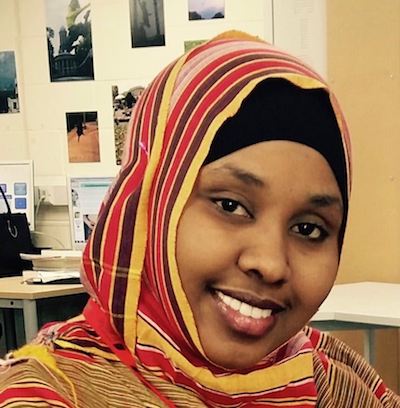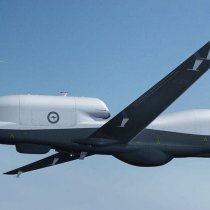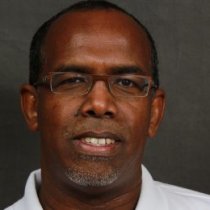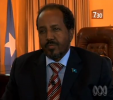Ghana is one of the peaceful African countries with a democratic government that lies on the Gulf of Guinea and forms part of the West African Region. The capital city is Accra. The other main towns are Kumasi, Tamale and the ports of Cape Coast. Its population is estimated about Twenty-Six million people as per (2013) population census. The official language of the country is English though over hundred native languages are also locally spoken.
Like Somalia, Ghana had long-standing, inter-ethnic conflicts with diverse nature and dynamics. Most of these conflicts arise from traditional chieftaincy disputes, land issues, natural resource ownership and struggle for power. Each of these conflicts is shrouded by political
For nearly two decades, Northern Ghana struggled repeated ethnopolitical violence that cost
Conflicts are naturally inevitable, and as people interact each other, disagreements and differences over issues arise. Such differences could result at engaging into violent clashes. Therefore, it is critical to build peace infrastructure and prevent or mitigate the occurrences of arguments within the communities.
During my trip, I was keenly observing what systems worked well in Ghana that reduced the recurrent inter-conflicts in the country. And it is interesting to mention some of the methods they have employed to build working peace infrastructure in Ghana.
National Peace Architecture/Council
Ghana’s national peace architecture, particularly its National Peace Council, is mainly national body whose focus is to raise awareness of non-violent strategies in response to conflicts through campaigning, coordinating and networking. The national peace council consists of thirteen members that represent different religions, political and social groups. This initiative has documented as an important emerging model for improving state capacity to protect civilians from conflict outbreaks. It also enhanced national security, constitutional building, good governance, and democracy.
Early Warning System
There is an early warning security system in Ghana that focuses on obtaining first-hand information and using it to plan interventions to mitigate conflict. The system uses informed sources that solely care on human security. This early warning system has three strategic goals that are prevention,
Inclusive Stakeholder Partnership
In Ghana, there is an active inclusive peace partnership among stakeholders including government, traditional authority, political parties, media and civil society.
Conclusion
The concept of peace assumes that society is an interdependent and each one has a role or obligation to contribute toward peace. And thus peace is a collaborative activity that leads the interplay of functions by the rulers, the ruled and institutional structures. To tackle conflict, each needs to actively engage its responsibilities
Establishing national peace bodies, early warning

Safia Said
MA International Development Management
University of Bradford
Sapia78@gmail.com









Leave a comment